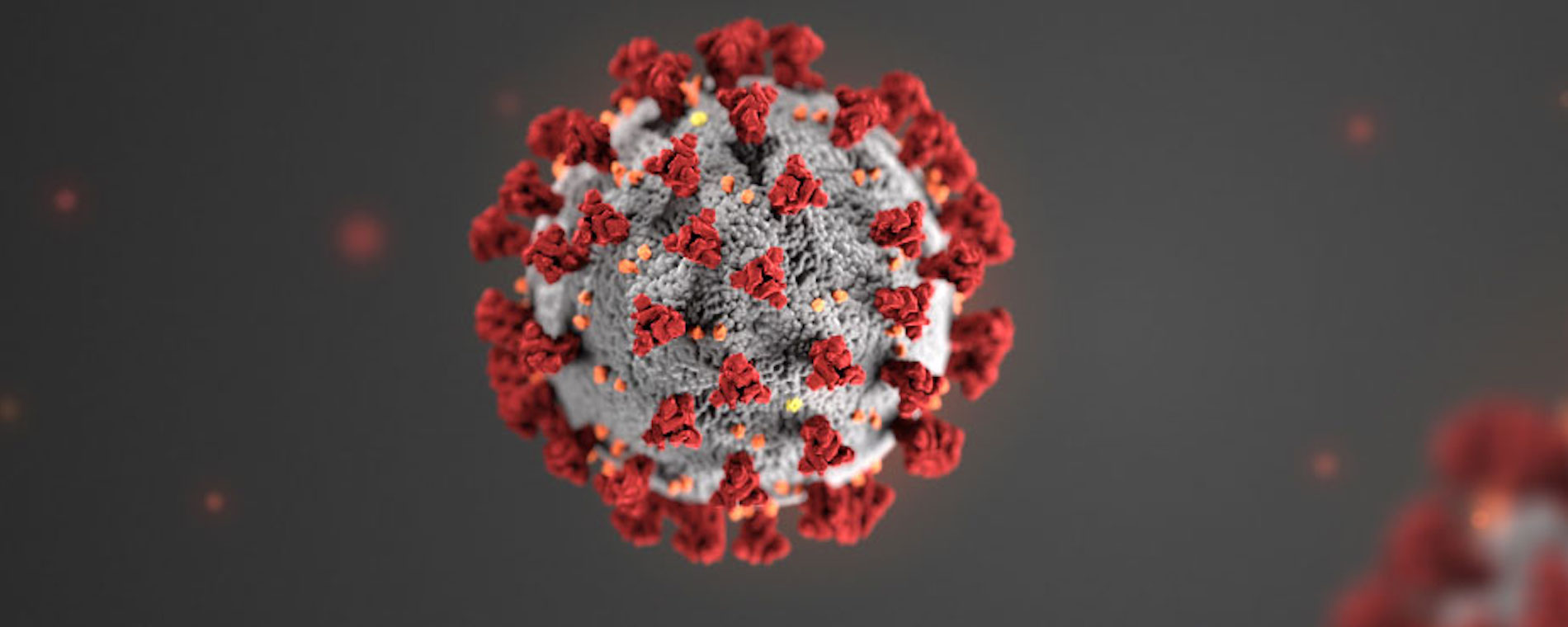By William Kim, M.D., Chief Medical Advisor, Beach Cities Health District
The Delta variant is now the dominant strain of COVID-19 in Los Angeles County. Specimens sequenced by several labs serving Southern California, including the County Public Health lab show the Delta variant is on the rise, representing 96% of the specimens collected for sequencing from July 18-24. This is consistent with the rise of the Delta variant nationwide, as just two weeks ago, the CDC estimated that Delta strains accounted for 83% of COVID-19 cases. The Los Angeles County Department of Public Health has stated that the Delta variant is more efficiently transmitted between people, likely due to its faster replication, higher viral load and greater affinity for lower respiratory tract cells compared with earlier COVID-19 strains.
With the rise of the Delta variant and increasing daily new cases across the County and the Beach Cities, residents should know that the symptoms of the Delta variant are slightly different than what we’ve seen in the past. My patients have been experiencing more severe headaches, longer fevers, gastrointestinal symptoms like an upset stomach, and less loss of taste and smell. Watch for these new symptoms plus the traditional symptoms such as fever or chills, cough, shortness of breath or difficulty breathing, fatigue, muscle or body aches, headache, new loss of taste or smell, sore throat, congestion or runny nose, nausea or vomiting, and diarrhea.
Regardless if you are vaccinated or not, if you are experiencing symptoms, get tested. Fully vaccinated patients may get COVID-19, called breakthrough cases, and usually experience mild symptoms. These mild symptoms could be mistaken for a bad cold, so it’s best to get tested and stay home and away from others if you’re sick. And if you’re not yet vaccinated, now is a great time to do so. It’s never too late to get vaccinated, which will provide you with the best protection against COVID-19.
For more information on COVID-19, visit www.bchd.org/coronavirus.




